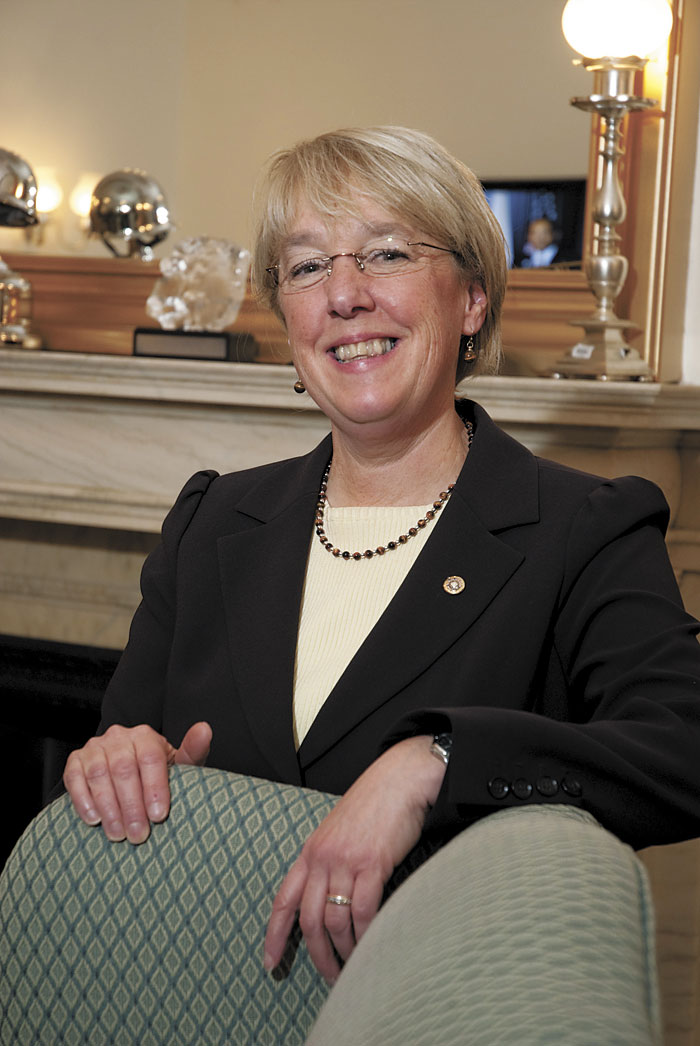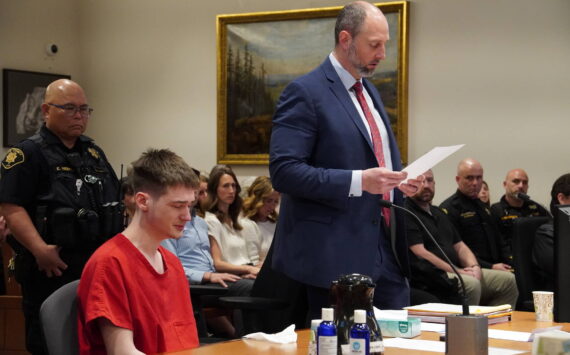Dick’s Drive-In owner Dick Spady has been on a 37-year crusade that has nothing to do with cheeseburgers: He’s been trying to start an elaborate citizen-involvement network to ensure better participation in local government. And earlier this month, the King County Council gave him the go-ahead, voting to create what could be hundreds of “Citizen Councilor Networks” of up to 12 people, drawn from a pool of no less than 1,000 volunteers, that will meet a few times a year to discuss issues of importance to county residents.
But there’s a catch: While Spady’s idea was originally proposed as a citizens’ initiative that would have been difficult to repeal had it been successful at the polls, the council’s maneuver gives the experiment a possible end date. “At the end of two years we can say, ‘This wasn’t what we wanted.’ This is sort of a pilot,” says County Council member Kathy Lambert, a Republican whose district includes Redmond and Issaquah. “If it works, great—we just have to look at the costs.”
The county auditor’s office, which will oversee the networks, estimates it will cost $130,000 per year to run the program. But Spady claims he can do it for more like $20,000. And for the first two years, he’s pledged to put his money where his mouth is by picking up the tab, which includes hiring a part-time county staffer.
Lambert initially voted against the plan, but later changed her mind when Spady offered to foot the bill. Still, she says she’s a little uncomfortable with this arrangement. “It makes it [look like] people who want their way can get it done because they can pay for it. And that’s a concern,” she explains.
Spady’s son, Jim, says the networks will encourage participants to voice their opinions and fill out surveys, the results of which will be posted on the Internet. “[They] can play an important role in showing that there are areas of consensus to help speed up the government process,” he adds.
Politically, the Spadys have mostly stayed out of the spotlight, except for Jim’s work in recent years on charter-school initiatives. The younger Spady is also a board member of the Discovery Institute, a group that advocates for free markets, individual liberties, and intelligent design, among other issues.
But Dick Spady’s focus has always been on creating small groups for citizen participation. In 1970, he founded the Forum Foundation, after having an epiphany while taking a course in advanced management theory at the University of Washington. “It occurred to me that no human organization will work properly unless it has a reliable, functional, anonymous, routine feedback communication system,” the elder Spady says. He decided to call this the Zeitgeist Principle, and co-authored a book on the subject, The Leadership of Civilization Building: Administrative and Civilization Theory, Symbolic Dialogue, and Citizen Skills for the 21st Century.
In terms of implementing his Zeitgeist Principle, Spady set his sights on the county after decades of failed attempts to lobby the state Legislature. Though his dad was often able to get a healthy number of co-signers onto his effort, Jim Spady says the proposal routinely languished in obscurity. “Everyone supports it, but it was no one’s priority,” he says. Understandably, then, Dick Spady was so elated when the council approved his idea that he got choked up.
Though Lambert says she trusts the Spadys (“I think they have a good heart and that they want good things to happen”), she adds that she’s not convinced the effort is necessary or will be effective. “I get over 200 e-mails a day. I have three telephones. I have a Web site. We’re filmed on KCTV. If somebody wants to get ahold of me, lots of people know how to do that,” says Lambert. “I’m not sure that going in and talking to a group about a complicated subject and giving them one hour [to discuss it] is going to be enough to give a thorough evaluation.”
Counters County Council member Bob Ferguson, a Democrat who represents parts of Seattle and its northern suburbs: “This is one more tool in our toolbox.”
While the county auditor will oversee the program, Dick Spady hopes to serve as a coordinator. “I already have a job,” he says. “I just want to get it started and keep it going.”






